EL PAÍS offers the América Futura section open for its daily and global informative contribution on sustainable development.
If you want to support our journalism, subscribe
here
.
Nearly 30% of the population of Latin America and the Caribbean recognizes itself as ethnic.
The majority live in urban centers (80% of Afro-Latinos and 50% of indigenous people), with a marked presence in poor neighborhoods, favelas, villas or marginal areas, and as a group they occupy unfavorable positions in most socioeconomic indices.
17% of citizens living in extreme poverty are indigenous;
13% of Afro-descendants are unemployed and continue to be 2.5 times more likely to live in extreme poverty (the probability increases to 16% when it is a rural household);
almost 4.5 million black women work as domestic workers (approximately 30%);
and their income is on average 25% less than the rest of the population.
This reality demands that we find answers that ensure that ethical populations play a more substantial role in productive development, economic growth, digital transformation, entrepreneurship, job creation and, ultimately, in all those challenges that societies face. modern.
The structural causes that have generated the unfavorable conditions in which ethnic populations currently live are not easy to reverse, nor will we be able to solve them without intersectoral collaboration between government entities, civil society and the multilateral sector.
This path involves learning from the successful experiences of other regions, amplifying the spaces for discussion and collaboration between countries, and strengthening institutions and their programs.
There are several actions underway from various sectors to close the ethnic-urban gap.
In Uruguay, for example, through the black women's cooperatives (UFAMA) in Montevideo, they are promoting housing developments as a response to the housing problems of Afro-descendant families.
In Brazil, technology-based entrepreneurship initiatives supported by Google through its
Black Founder Fund
, are responding to discrimination barriers to access credit and investment in black initiatives.
In Colombia, Visible Talent
was recently created
to promote the participation of Afro-descendants and indigenous people in leadership positions in the public and private sectors.
From CAF-development bank of Latin America we are also contributing our grain of sand.
In Colombia we are working together with the
Afro Colombia Mission
to formulate recommendations and proposals for intervention from the economic dimension, the investigation of the environmental offer, the knowledge of the cultural expression of Afro-descendants and its governance and institutionality.
One of the most important areas is related to urban environments, their infrastructure, equipment and governance, especially in the Colombian Pacific (Buenaventura, Tumaco and Quibdó).
These initiatives will be crucial to boost and promote policies aimed at development with territorial ethnic identity and to overcome the historical gaps that have weighed down the aspirations for progress of the Afro-descendant populations.
The Colombia Prosperity Fund is another of the actions aimed at closing the socioeconomic gaps of the ethnic-racial populations.
This is a credit facility of 1,200 million dollars to promote sustainable development projects in the Pacific, Caribbean and Santander regions.
Professor Jeffrey Sachs recently considered it an innovative bet to promote community-based development, an argument that motivated him to get involved in the design and monitoring of sustainable initiatives for Afro-Colombian municipalities.
An important challenge in Latin America and the Caribbean is to design territorial planning policies with an urban perspective that incorporate the new realities of ethnic populations, that understand their potential in the sustainability of urban life, and that promote interventions that dignify the environments of greatest concentration. housing of Afro and indigenous people in urban contexts.
Ana Baiardi
, manager of Gender, Inclusion and Diversity at CAF and
Eddy Bermúdez
, coordinator of the Ethnic Diversity Agenda at CAF.

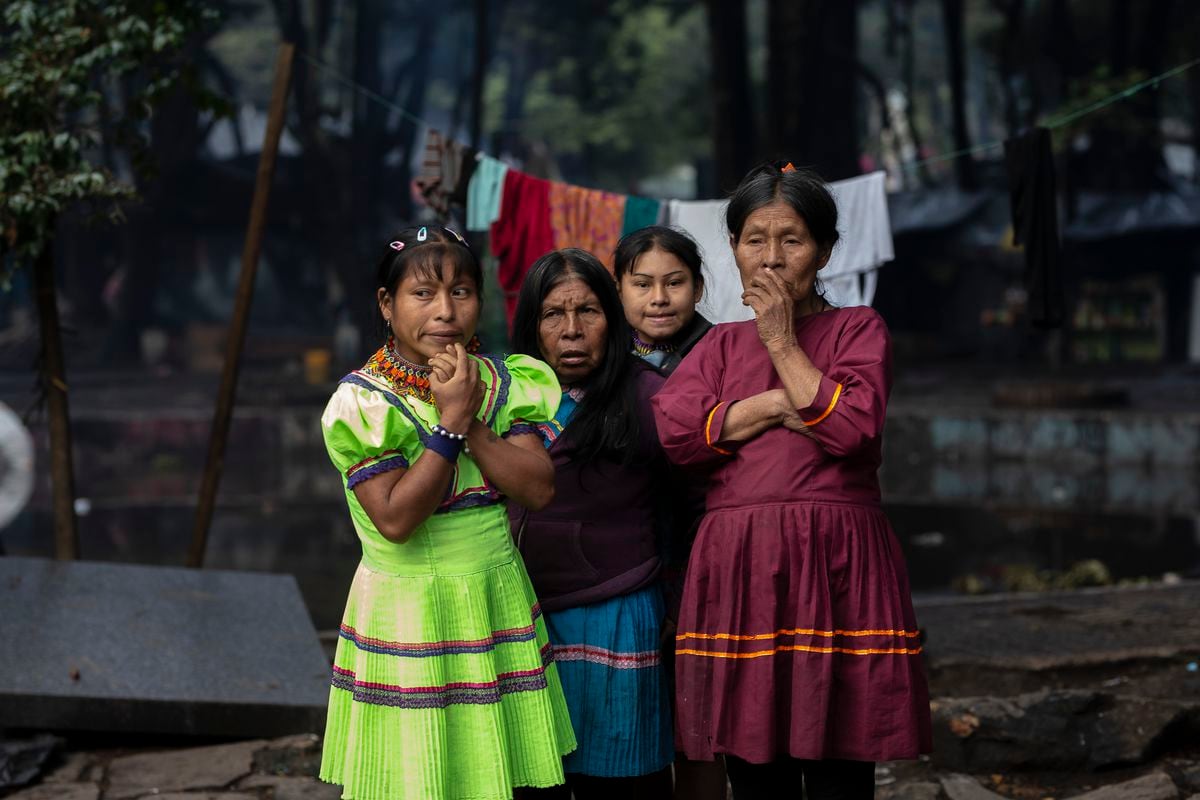

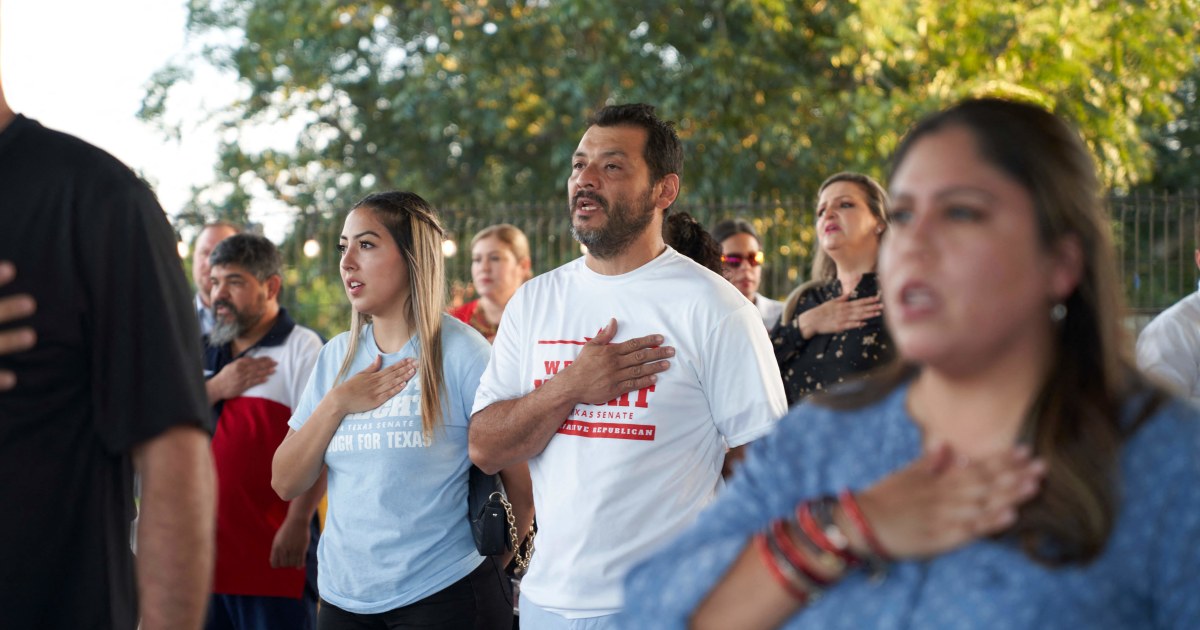
/cloudfront-eu-central-1.images.arcpublishing.com/prisa/EMYXC3EVHNEG3OJHGIQCB2IVYA.jpg)
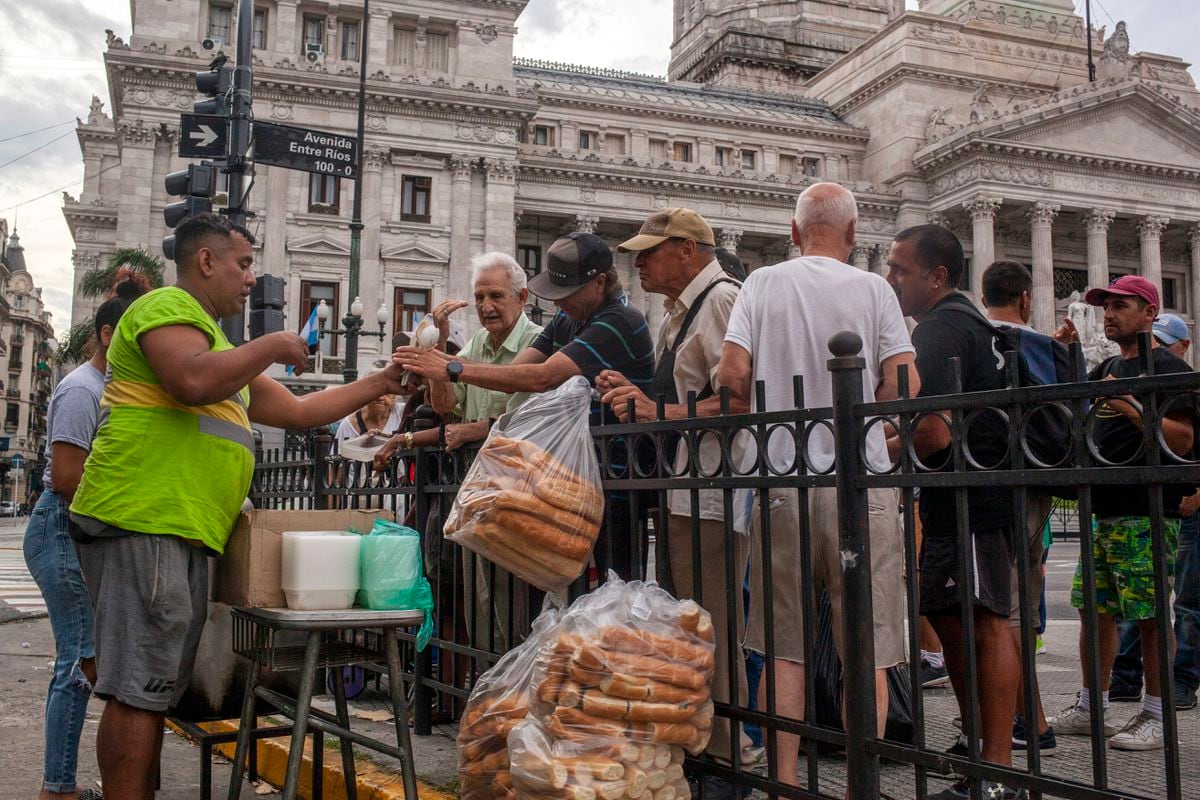
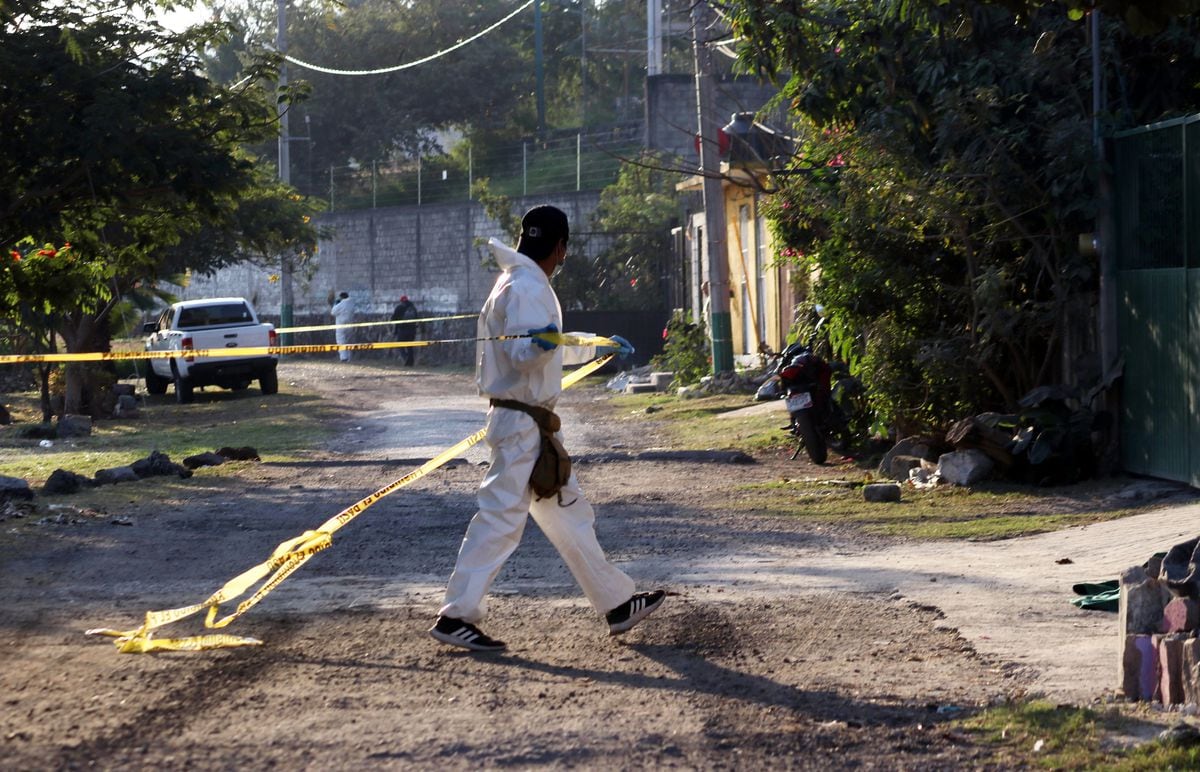
/cloudfront-eu-central-1.images.arcpublishing.com/prisa/NYBERFPPHVEJVER4FIRIEAGGX4.jpg)
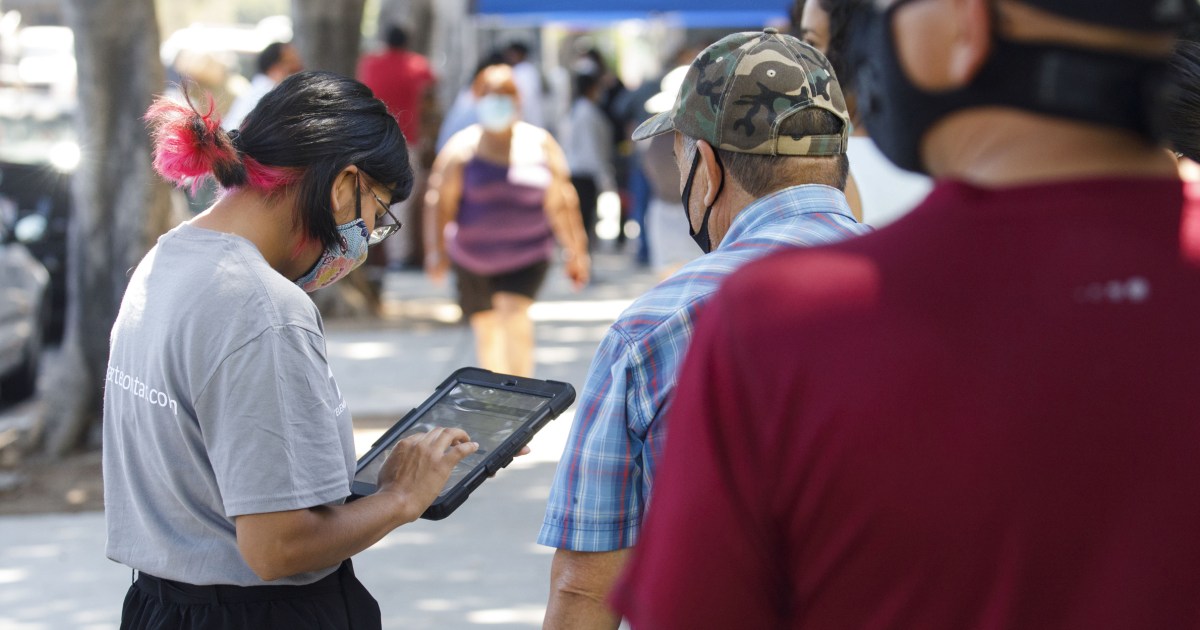
/cloudfront-eu-central-1.images.arcpublishing.com/prisa/Q6UJ4IEP6ZGLZLS3MSHF7LNYOU.jpg)





